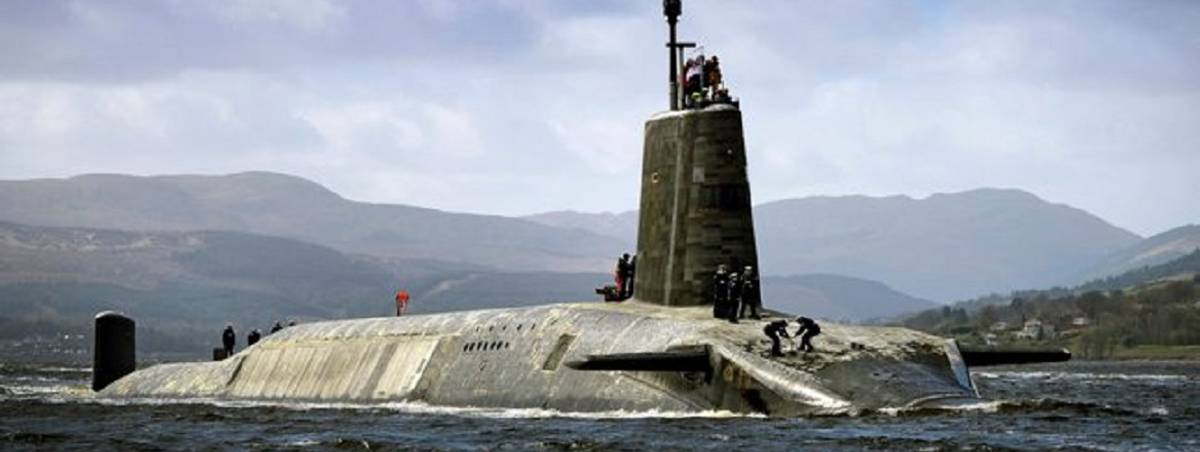UK Nuclear Deterrence and Arms Control Futures
Drawing primarily on UK and Russian perspectives, this project analyses UK nuclear weapons policy and explores the conditions for UK participation in multilateral nuclear arms control.
The near future holds a series of nuclear challenges for the UK, both in terms of sustaining and modernising its nuclear deterrent and in terms of its ability to provide leadership in the areas of disarmament and arms control. An increasing Russian reliance on nuclear capabilities and threats as well as the changing international security environment intensify these challenges for UK policymakers.
This project addresses these issues by conducting an independent analysis and critique of UK nuclear weapons policy and by mapping out how it might interact with that of Russia in future multilateral arms control.
Project sponsor
This project is supported by The MacArthur Foundation
Aims and objectives
The project provides unique and timely insights into the conceptual framework and practical operation of the UK nuclear deterrent. It covers issues such as the legality and conduct of the UK nuclear programme; analysis of its deterrent posture with a view to identifying where alternative policy directions might offer global security benefit; interrogation of the safety and security of the nuclear firing chain; and the future of the UK’s international cooperation on nuclear issues.
With Russia being the primary object of nuclear deterrence for the UK, understanding views from the Kremlin and developments in its nuclear forces is an essential component of any attempt to frame UK arms control futures. As such, the project focuses on detailed analysis of developments in Russian strategic forces and doctrine, and of Russian attitudes towards and analyses of new arms control concepts. This also involves gaining an insight into the drivers of Russian strategic culture and mapping out the centres of power relevant to decision-making on nuclear issues.
Project outputs
Access the key publications produced as part of this project.













